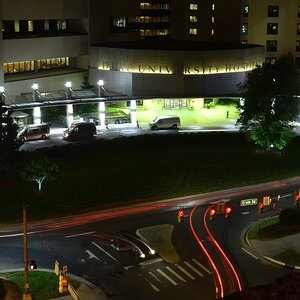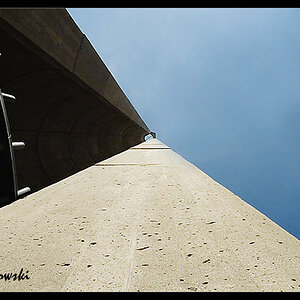cgw
Been spending a lot of time on here!
This came as a mild surprise, along with the D7000 still delivering slightly better dynamic range than the D7100. More of a surprise is the price differential between the D5200 and D7100, as well as the price difference(nearly 50%)between the D7100 and D7000. The D600 cruddy sensor issues, subsequent problems dealing with it, and pricing on what's really a D7000 with an FX sensor aren't helping Nikon. I'm no Nikon hater but this sort of thing tests customer loyalty.
Nikon D7100 gets DxOMark tested | Nikon Rumors
Funny but Fuji took its X-Trans sensor from the X-Pro1 and plunked into the slightly stripped down X-E1 and charged a good deal less for it.
Nikon D7100 gets DxOMark tested | Nikon Rumors
Funny but Fuji took its X-Trans sensor from the X-Pro1 and plunked into the slightly stripped down X-E1 and charged a good deal less for it.





![[No title]](/data/xfmg/thumbnail/37/37608-63b0d340b0972479217b548a4026df96.jpg?1619738149)





![[No title]](/data/xfmg/thumbnail/31/31978-02cde49248ebdf1b82fba5c899e08378.jpg?1619735136)
![[No title]](/data/xfmg/thumbnail/31/31980-e5048a424621c7b3cd0d306d63c09d67.jpg?1619735137)
![[No title]](/data/xfmg/thumbnail/37/37605-90c8efaef5b7d1f52d4bf8e7dfd33673.jpg?1619738148)